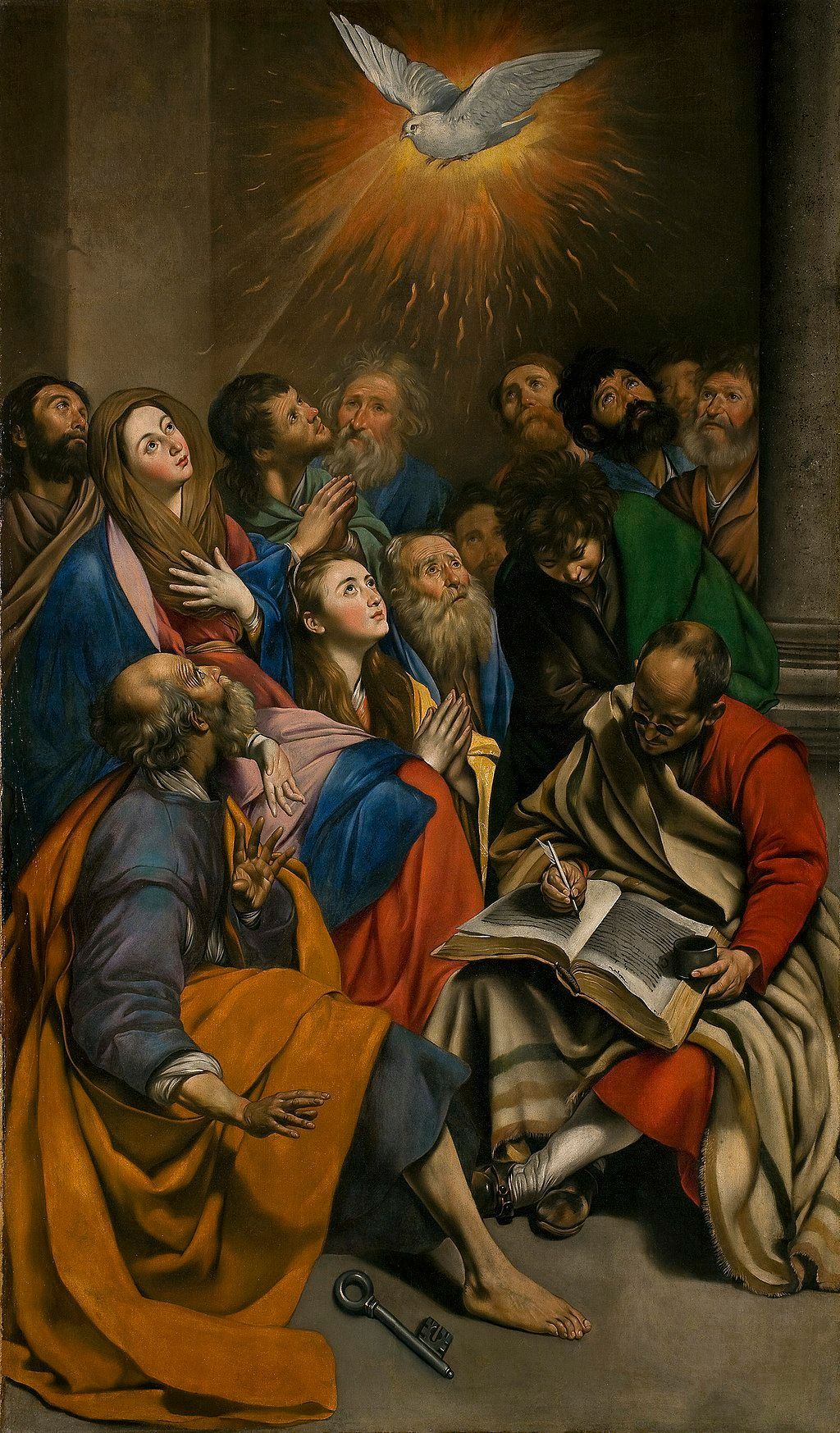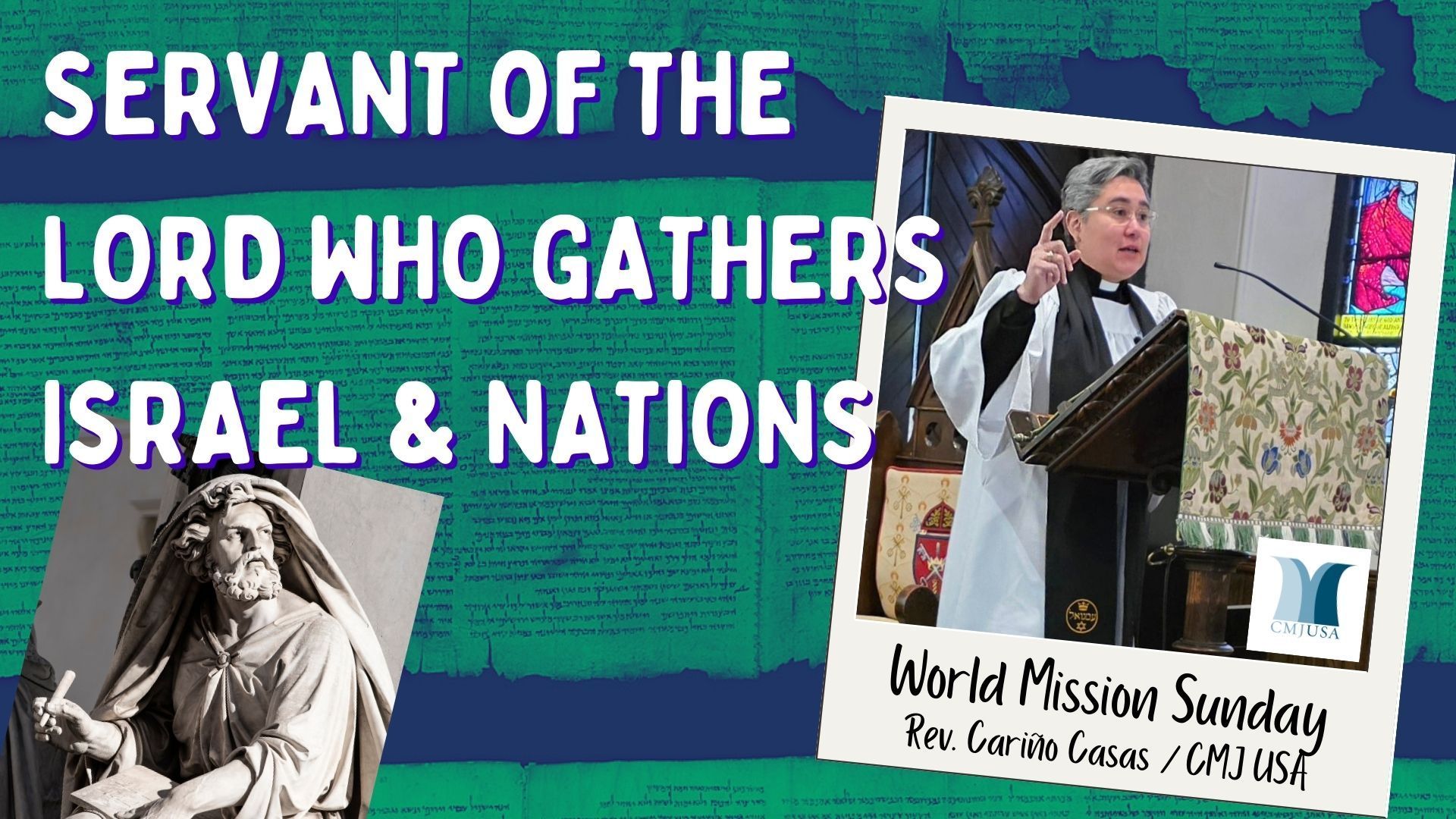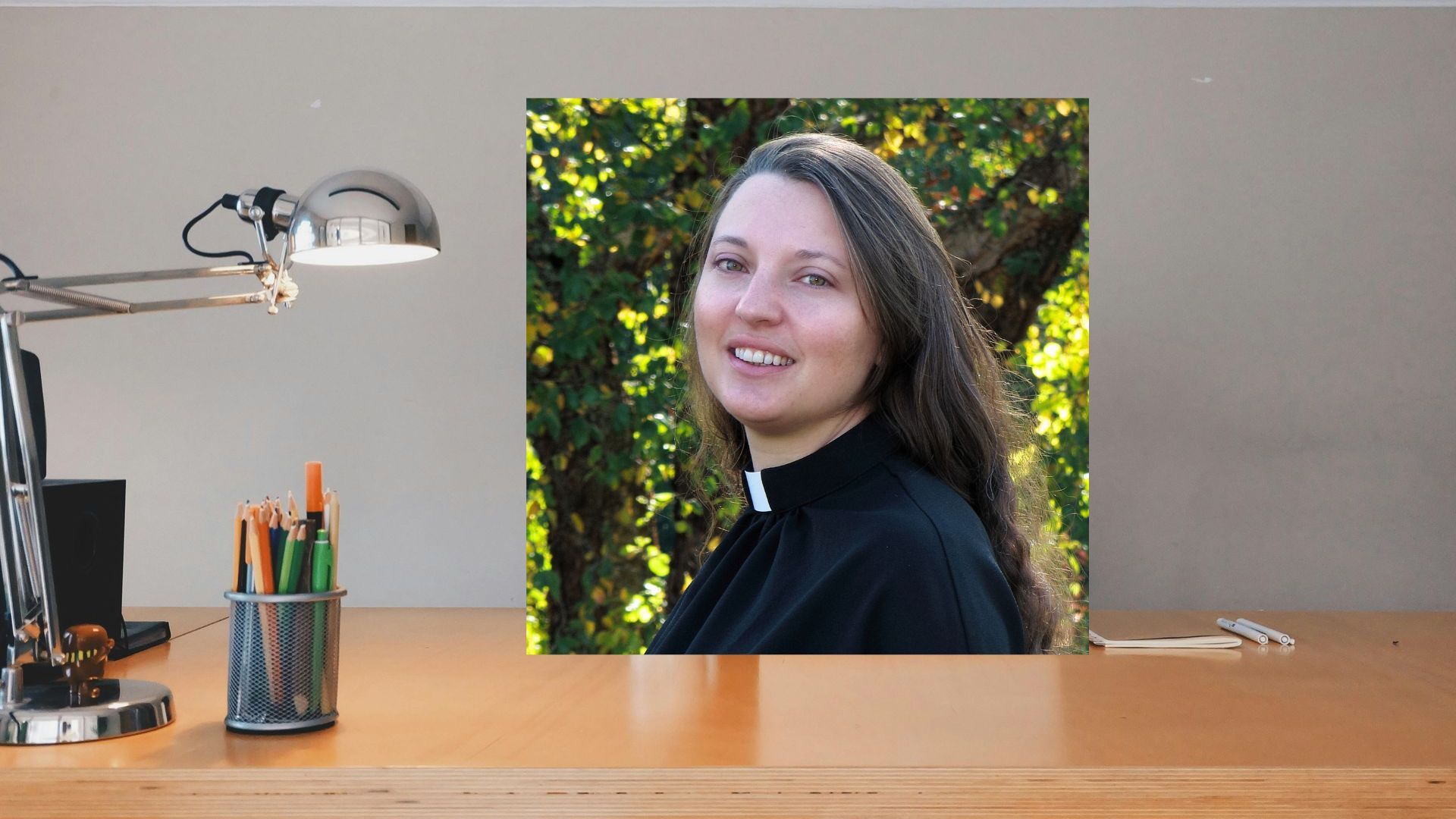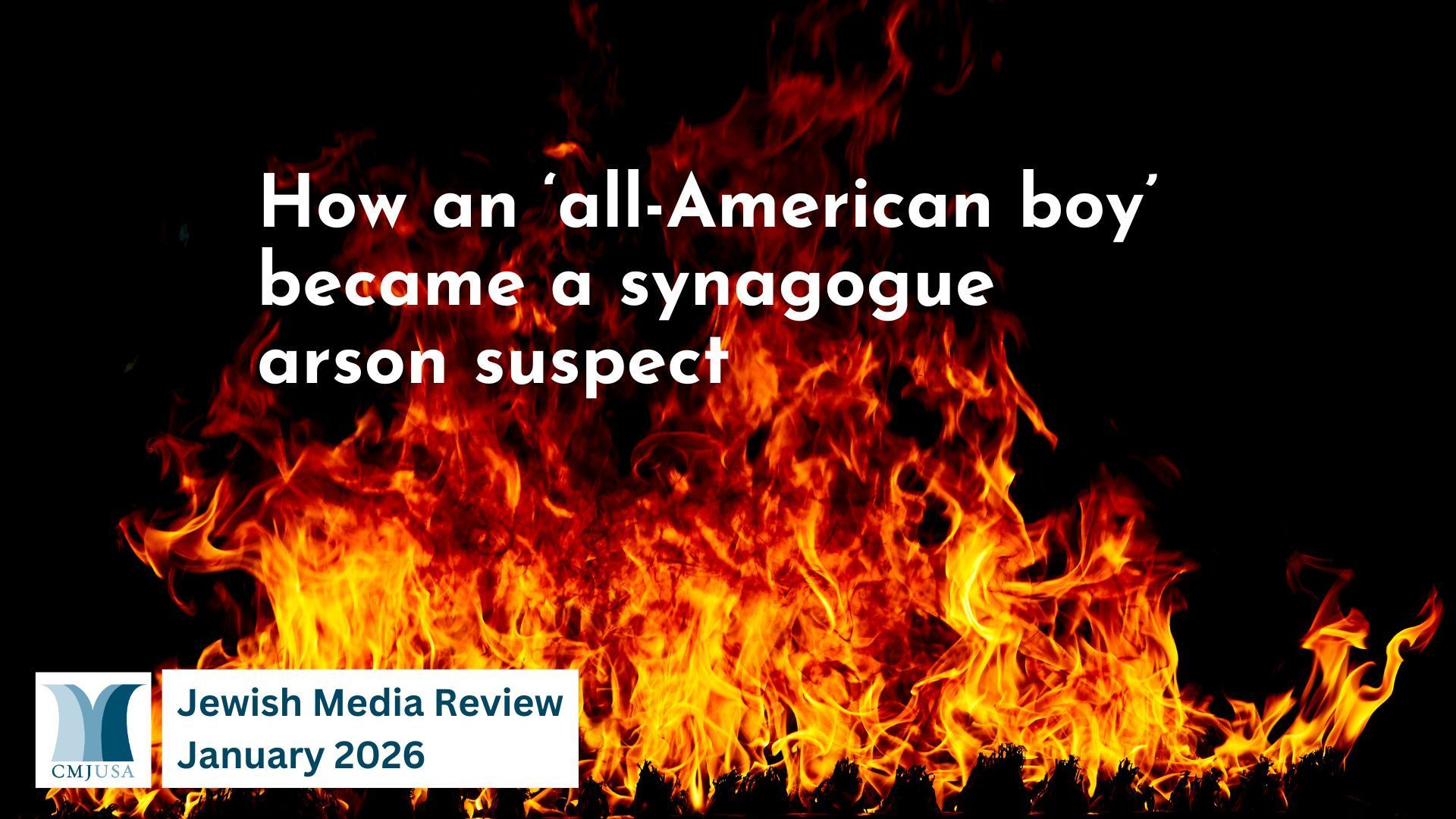Fast forward through Kings and Chronicles. Israel has not done well and is exiled from the promise land. After much weeping, Jeremiah speaks out God’s promise of regathering and restoration. Jeremiah 31 has an especially dear promise:
“Behold, the days are coming, declares the Lord, when I will make a new covenant with the house of Israel and the house of Judah, not like the covenant that I made with their fathers on the day when I took them by the hand to bring them out of the land of Egypt, my covenant that they broke, though I was their husband, declares the Lord. For this is the covenant that I will make with the house of Israel after those days, declares the Lord: I will put my law within them, and I will write it on their hearts. And I will be their God, and they shall be my people. … For I will forgive their iniquity, and I will remember their sin no more.” (Jer 31:31-34, ESV)
God promises to regather the exiles and give them a new Sinai experience. However, God will write his Torah on the hearts of the faithful instead of stone tablets.
Jesus surely has Jeremiah 31 in mind when he declares the start of this new covenant at his last Passover seder: “This cup that is poured out for you is the new covenant in my blood” (Luke 22:14-23, cf.
Exod 24:6-8).
- The New Covenant is initiated at Passover, when Jesus sacrifices himself for the sins of the whole world.
- The new covenant is validated when Jesus rises from the dead on the Feast of Firstfruits (cf. 1 Cor 15:20). Forty days later, Jesus ascends on the clouds to take his throne at the right hand of the Ancient of Days (Dan 7:13-14, Ps 110).
- Ten days after that – 50 days after the resurrection – on Shavuot, God pours out the Holy Spirit on the men and women who follow Jesus Messiah.
Why send out the Holy Spirit on Shavuot?
- Because God is writing his Torah on the hearts of those who trust in his Messiah Jesus, Son of God, Son of Man.
- Because God is once again inviting Israel AND the nations to himself.
Jew and Gentile called together at Shavuot
We know that Egyptians – and perhaps others – left Egypt with the Hebrews (Exod 12:38). These Gentiles also heard God’s instruction. The implication of the rabbinic tradition is that they would have heard God’s instruction in their own language when the flame of the voice of God split into 70 flames, one for each of the nations in Genesis 10.
In Acts 2, God is once again calling Israel and the nations to himself. If we weren’t sure that the tongues of fire attest to God’s global vision, the multi-national Jewish worshipers in Jerusalem hear the gospel in their own languages (Acts 2:5-11).
Peter preaches the Gospel of Jesus’ death and resurrection to this crowd and 3,000 come to believe in Jesus as Messiah and Lord – 3,000 Jews. But notice a detail in verse 11. The crowd contained both Jews and proselytes. In other words, this was a mixed multitude of Israelites and Gentile worshipers of the God of Israel, just like in Exodus at Sinai.
A refreshing Jewish openness to Jesus
We must, like Peter, continue to proclaim Jesus as Messiah to all who will listen. Two articles from Jewish media this month signal that more of our Jewish neighbors may be willing to broach the subject:
In both, Jewish writers review and comment on Christian depictions of Jesus. The reflections are startlingly open. In the first, the Orthodox Jewish writer praises “the most intensely Jewish Jesus” of The Chosen series. She also encourages Jews to read the New Testament, to not be afraid of it and in it get a glimpse at first-century Judaism. The second ends with the recognition that the catchy closing number of the musical His Story is not just a song but a prayer for Jesus’ return.
We’ve seen how Shavuot is a season that highlights God’s pursuit of Jew and Gentile. What a great opportunity for Gentile followers of Yeshua the Messiah to engage with our Jewish neighbors. Send them holiday greetings and perhaps use the two articles above as conversation starters. Remember you’re not alone. The Holy Spirit is with you, ready to reveal the identity of the Jewish Messiah to those we encounter.
Footnote
[i] Shemot Exodus 5:9; Weissman, Moshe, The Midrash Says: Shemot (Brooklyn: Bnay Yakov Publications, 1980), 182.




